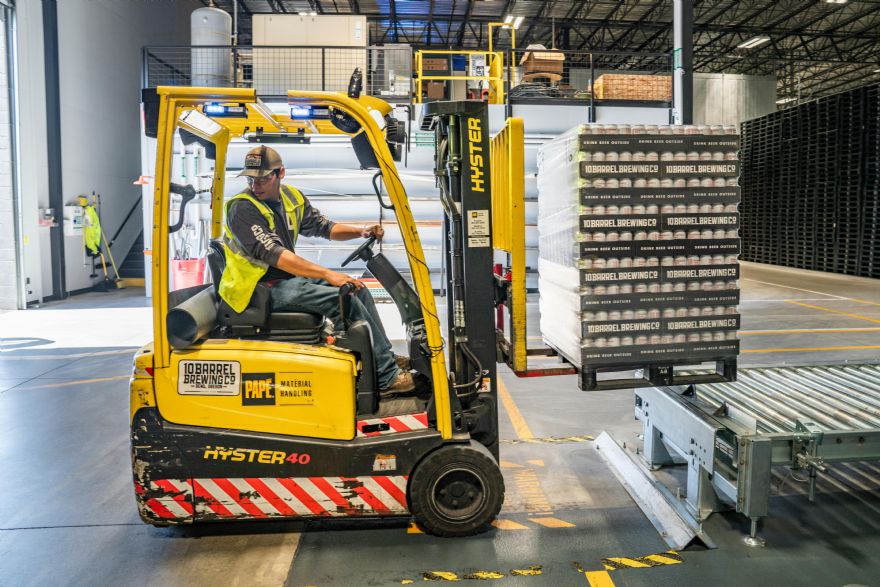
Industrial real estate is increasingly being recognised as a strategic investment choice, particularly in the face of mounting pressures on residential landlords. While property has long been considered a reliable asset class, the landscape is shifting.
The
UK Government is looking to tax landlords with proposed changes to tax policy — specifically the inclusion of rental income under national insurance — signal a tightening grip on residential property owners. This, coupled with evolving tenant protection laws, is prompting many landlords to reconsider their portfolios. Services such as
sold online estate agents can provide multiple ways to sell a property. The result is a growing interest in industrial assets, which offer a different set of advantages and risks.
Factories, warehouses, and logistics hubs are now central to the functioning of modern commerce. The rise of e-commerce has created an insatiable demand for distribution centres and last-mile delivery depots. Companies with local depots like
Amazon and Evri rely on strategically located industrial spaces to maintain efficiency and meet consumer expectations. Unlike retail or hospitality sectors, which are vulnerable to economic downturns and shifting consumer behaviour, industrial tenants tend to be more resilient. Their operations are essential, and their leases are often long-term, providing investors with stable and predictable income.

Moreover, industrial real estate offers a unique opportunity for diversification. An investor with multiple units can lease to businesses across different sectors—such as food manufacturing, logistics, and light engineering—thereby insulating themselves from sector-specific volatility. This multi-tenant approach can help maintain cash flow even if one industry experiences a downturn.
However, the benefits of industrial property come with significant entry barriers. The initial capital outlay is typically higher than that required for residential investments, and financing can be more complex. Commercial mortgages often demand larger deposits and carry higher interest rates. Additionally, the value of industrial property is more closely tied to the economic health of the surrounding area. If industry moves out or demand shifts, investors may be left with vacant units and depreciating assets.
Management is another consideration. Unlike residential property, which can often be handled passively or through relatively inexpensive letting agents, industrial real estate may require more hands-on oversight. Professional property management services are available, but they come at a cost, and not all investors are prepared to absorb that expense.
For those with the capital and the appetite for a more involved investment, industrial real estate presents a compelling case. It aligns well with the needs of modern commerce, offers long-term stability, and provides a hedge against the uncertainties of the residential market. As the regulatory environment continues to evolve, and as logistics and manufacturing remain vital to the economy, industrial property is likely to remain a strong contender in the investment arena.